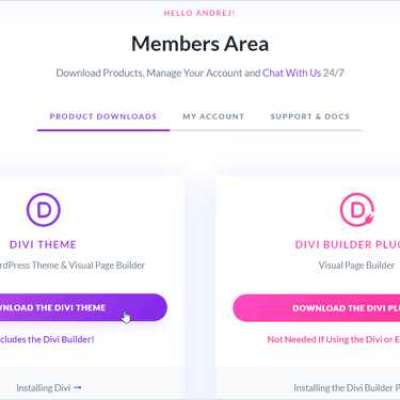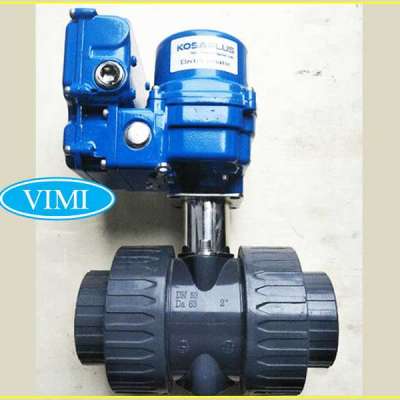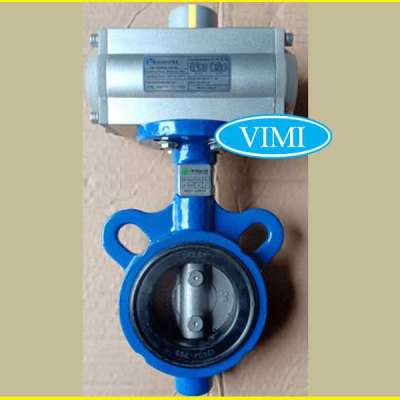Transforming Healthcare Through Custom Mobile Solutions:
The healthcare industry is undergoing a significant transformation, driven by the integration of technology into patient care and administrative processes. Custom mobile healthcare applications are at the forefront of this revolution, offering tailored solutions that enhance patient engagement, streamline operations, and improve overall healthcare delivery.
Understanding the Need for Custom Healthcare Applications:
Traditional healthcare systems often face challenges such as fragmented patient data, inefficient workflows, and limited patient engagement. Custom mobile applications address these issues by providing personalized solutions that align with the specific needs of healthcare providers and patients. These applications facilitate real-time communication, secure data sharing, and seamless integration with existing healthcare systems, leading to improved patient outcomes and operational efficiency.
Key Features of Custom Healthcare Mobile Applications:
Patient Engagement Tools: Empowering patients to take an active role in their healthcare journey is crucial. Custom applications offer features like appointment scheduling, medication reminders, and direct communication with healthcare providers, fostering a collaborative approach to health management.
Electronic Health Records (EHR) Integration: Seamless integration with EHR systems ensures that patient data is readily accessible, reducing errors and improving the quality of care. Custom applications can be designed to pull up patient records, facilitating informed decision-making by healthcare professionals.
Telemedicine Capabilities: The rise of telehealth has made remote consultations a viable option for many patients. Custom mobile applications enable secure video consultations, remote monitoring, and follow-up care, making healthcare more accessible, especially in underserved areas.
E-Prescription Systems: E-prescribing eliminates the need for handwritten prescriptions, reducing errors and improving efficiency. Custom applications can integrate with pharmacy systems to send prescriptions directly, streamlining the medication dispensing process.
Laboratory and Practice Management: Custom applications can be developed to manage laboratory workflows, from sample collection to test results, and practice management tasks, such as billing and coding, ensuring smooth operations and compliance with healthcare regulations.
Health Information Exchange (HIE) Integration: Facilitating the secure sharing of patient data across different healthcare providers is essential for coordinated care. Custom applications can integrate with HIE systems, ensuring that patient information is accessible when needed.
Benefits of Custom Healthcare Mobile Applications:
Enhanced Patient Care: By providing patients with easy access to their health information and direct communication channels with healthcare providers, custom applications promote better health outcomes and patient satisfaction.
Operational Efficiency: Automating administrative tasks such as appointment scheduling, billing, and record-keeping reduces the administrative burden on healthcare staff, allowing them to focus more on patient care.
Data Security and Compliance: Custom applications can be designed to comply with healthcare regulations such as HIPAA, ensuring that patient data is protected through encryption and secure access controls.
Scalability and Flexibility: As healthcare needs evolve, custom applications can be updated and scaled to incorporate new features and technologies, ensuring that the solution remains relevant and effective.
Challenges in Developing Custom Healthcare Applications:
While the benefits are substantial, developing custom healthcare applications comes with its set of challenges:
Regulatory Compliance: Navigating the complex landscape of healthcare regulations requires expertise to ensure that applications meet all legal and security requirements.
Integration with Existing Systems: Ensuring that new applications integrate seamlessly with existing healthcare systems, such as EHRs and billing software, can be technically challenging.
User Adoption: For healthcare providers and patients to fully benefit from custom applications, they must be user-friendly and intuitive, requiring careful design and testing.
Data Privacy Concerns: Protecting patient data from breaches and unauthorized access is paramount, necessitating robust security measures and regular audits.
The Future of Custom Healthcare Mobile Applications:
The future of healthcare lies in personalized, patient-centered care, and custom mobile applications are pivotal in achieving this vision. Emerging technologies such as artificial intelligence, machine learning, and blockchain are poised to further enhance the capabilities of healthcare applications, offering predictive analytics, improved data security, and more efficient healthcare delivery.
In India, where access to quality healthcare can be limited in rural areas, custom mobile applications have the potential to bridge the gap by providing remote consultations, health education, and monitoring services. This democratization of healthcare can lead to improved health outcomes across the country.
Conclusion:
Custom mobile healthcare applications are more than just technological tools; they are catalysts for change in the healthcare industry. By addressing the unique needs of healthcare providers and patients, these applications enhance care delivery, improve operational efficiency, and ensure that healthcare is accessible to all. As technology continues to evolve, the role of custom mobile applications in shaping the future of healthcare will only become more significant.
Source: https://www.canva.com/design/D....AGgSITMED0/dIWtrql8r
Мне нравится
Комментарий
Перепост
















